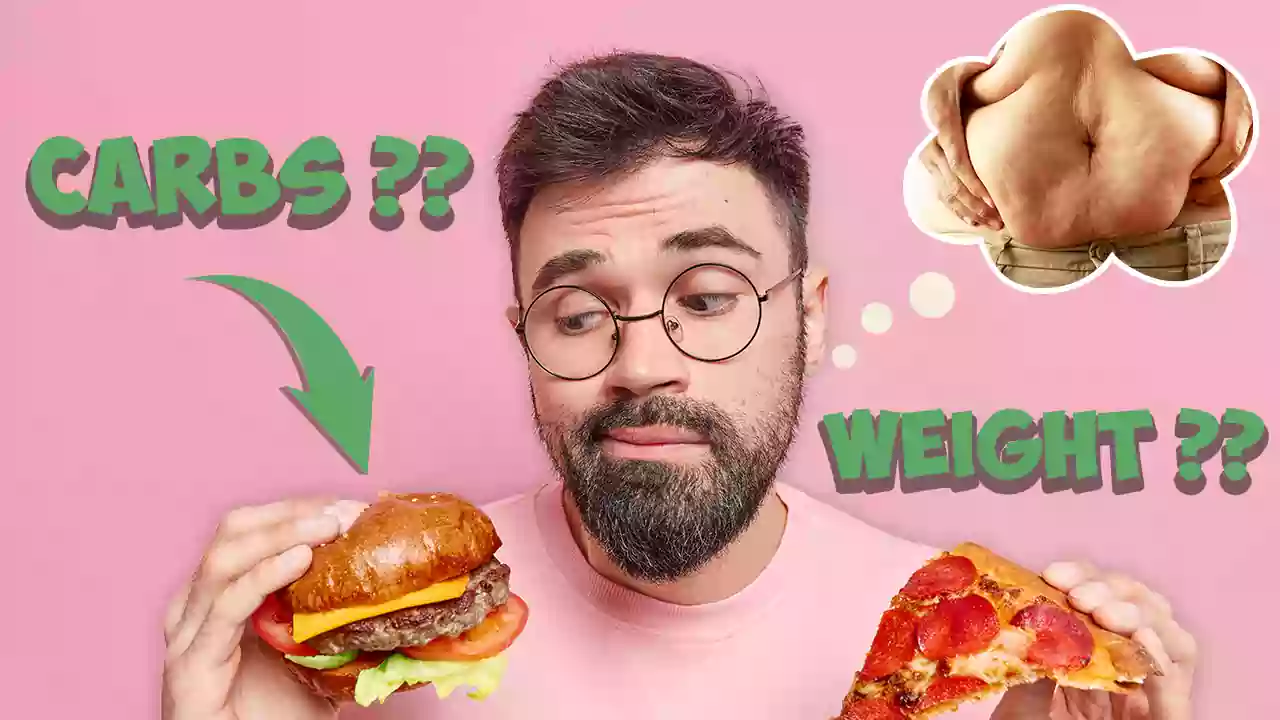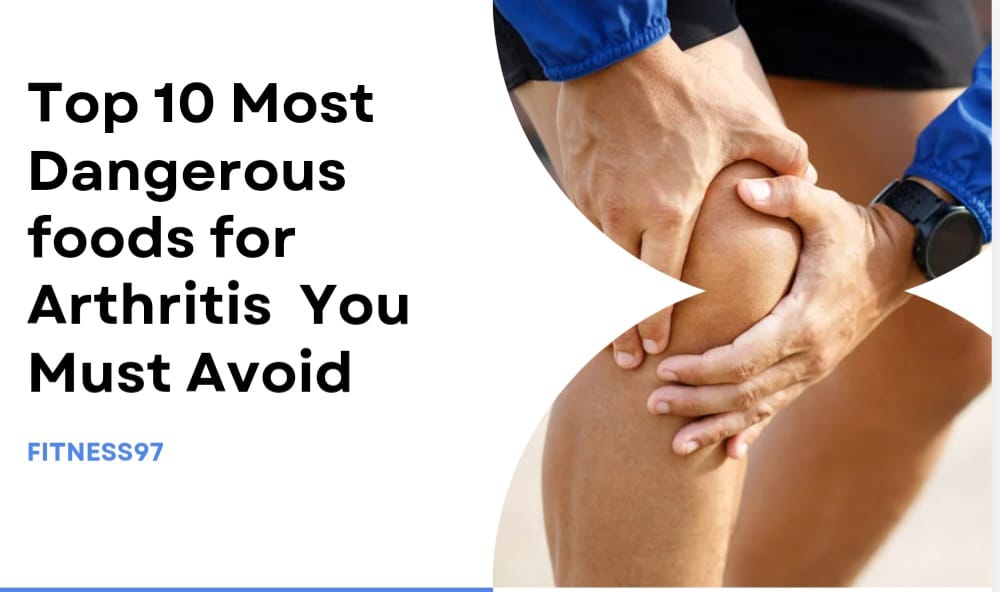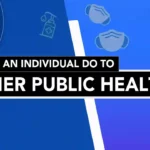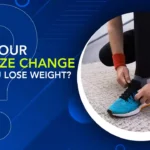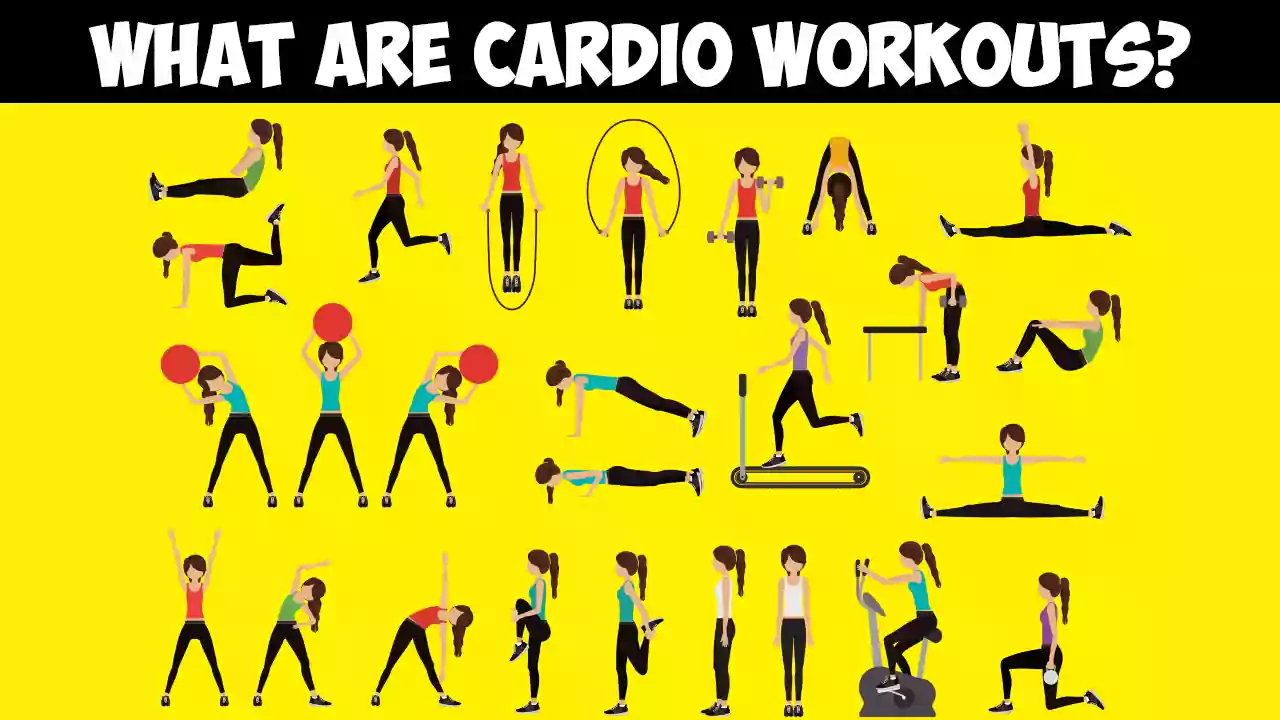“Hey, did you put on some weight? Try cutting on carbs, I am telling you carbs ruin the figure.” “Don’t touch that pasta! It has carbs. You’ll get fat.” Sounds familiar? I am sure you must’ve heard such comments once or more from your friends, colleagues, parents, and relatives. I get you, I feel you. But, you’ll be surprised to know there is no truth to it but it’s just a MYTH. Carbs are not evil, they are not the reason behind our extra fat. They are not our enemies, but friends who help our body to perform in optimal conditions. Don’t be shocked. This article might shake your biases towards carbs, but you got to do this whether for yourself or for your loved ones. Keep reading it and then you can decide if it’s a myth or truth.

What exactly are carbs?
Why is there so much fear around the word carbs? Ever given it a thought? Let me tell you. The most logical reason behind this could be that we don’t even know what carbohydrates are exactly. We keep stuffing our minds with the incomplete information we get from the internet and our friends on diet, which has ruined our perspective about carbs. Let’s have a look at what these carbs are and what they do.
So carbs, short for carbohydrates, are considered to be one of the major building blocks of the food. They provide energy to our body to perform all essential functions. And how do carbs provide energy? These poor carbs undergo several breakdown processes under enzymatic activity in our gut to provide that energy. These carbohydrates are converted into sugar (glycogen to be precise), which is then absorbed by our blood to boost our energy levels.
I know what you are thinking. Now you’ll point out it has sugar and according to your knowledge SUGAR is the mother cause of weight gain. But do you know you got it wrong? Infact, sugar is necessary for proper brain function. Only processed sugars are harmful. But right now our focus is carbohydrates, so let’s stay there.
Do carbs make you gain weight?
As I discussed, carbohydrates get broken down into sugars. Sugars get converted into glucose; glucose then gets absorbed into the blood and blood sugar level rises, releasing insulin in the blood. When blood reaches its maximum capacity of absorption, the insulin stimulates the signal to the liver to absorb any extra glucose, which can be utilized later on. When the liver gets full, it turns that glucose into fat, and these fats get stored in the body’s fat cells. Now, this is the story that made people believe that eventually the carbs turn into fats, and weight gain is the final destiny.
It’s not like that. These stored fats are essential for our body to work smoothly when we fast or are not eating and our body craves energy. That’s when this stock of glucose and fats is broken down by enzymatic activity in the liver to produce required energy for the proper functioning of the body.
Ok, so if carbs do not make us fat, then why does cutting on carbs help us lose weight? Well, that’s a good question. If you stop eating, you’ll definitely lose weight. There is no science in it. Carbs are required for optimal growth and nourishment. If we cut on carbs, we are providing our body with fewer nutrients, as a result, it’ll burn calories to survive. Thus the weight loss. Got my point?
How do carbs don’t make you gain weight?
Sugar, starch, and fiber are what are classified as carbs. All of these when consumed take time to digest, keeping our stomachs full for a long time. Keeping us away from all kinds of unhealthy cravings, and providing high nutritional content. But here is the tricky thing. Do you know about the complex and refined carbs? Let’s see what they are.
Complex carbs:
- High fiber content
- Keep you satisfied for long
- Examples: Potatoes, green vegetables, whole grains, beans
Refined carbs:
- Processed carbs
- Less or no fiber and nutritional value
- High calories are the culprit behind weight gain
- Gets digested quickly
- Examples: Cereals, pasta, bread, pastries, cakes
While complex carbs are extremely good for your health, refined carbs might pose some harm if consumed in large quantities. If you limit the intake of refined carbs in your diet, rest assured you’ll never have a carb problem.
Cutting back carbs can lead to health issues!
Balanced dieting is something to be appreciated. But cutting back on one specific nutrient might cause you some health problems. So skipping them is not the solution, but taking them in a healthy amount is what’s the point here. Complete cut back on carbs might let you experience symptoms like dizziness, weakness, fatigue, depression, hypoglycemia, hunger, diarrhea, and even bad breath. And I am sure, even if you are on a diet, this is not what you are going to sign up for.
Conclusion
Carbs are a nutritionally significant part of our diet. That’s why you cannot just get up one day and decide to have no carbs. I hope after reading this article, you’ll be able to decide for yourself that carbs are not to be afraid of but to be appreciated for their role in our growth and only the excess of refined carbs is what should be kept at bay. If you are concerned about getting fat, you might want to consider other factors that might be portrayed to you as healthy options, but are not. Now, this is up to you, if you keep debunking such myths or keep following them blindly.

I look up to fitness as a lifestyle and love to pen down about it. I have 2 years of experience in content writing and I am here to share my research and knowledge on health and fitness.

